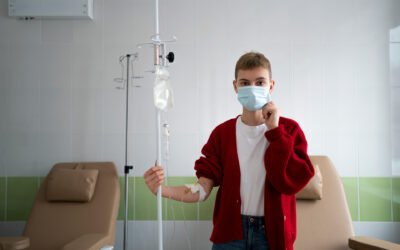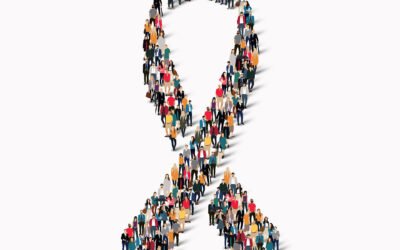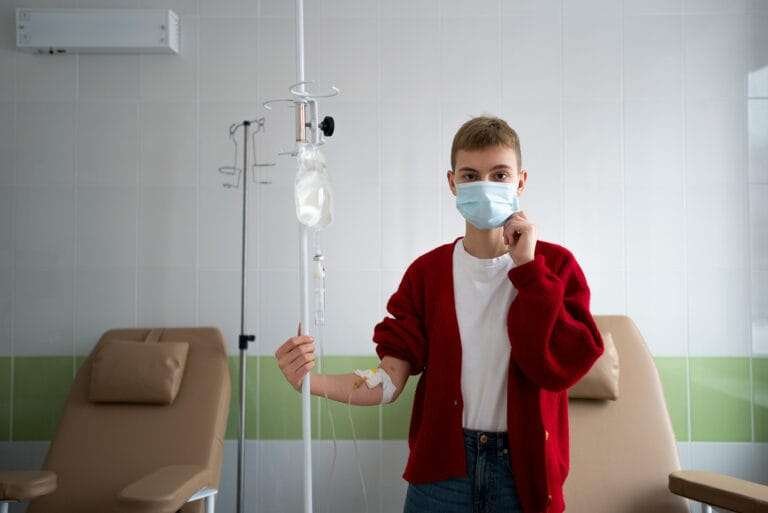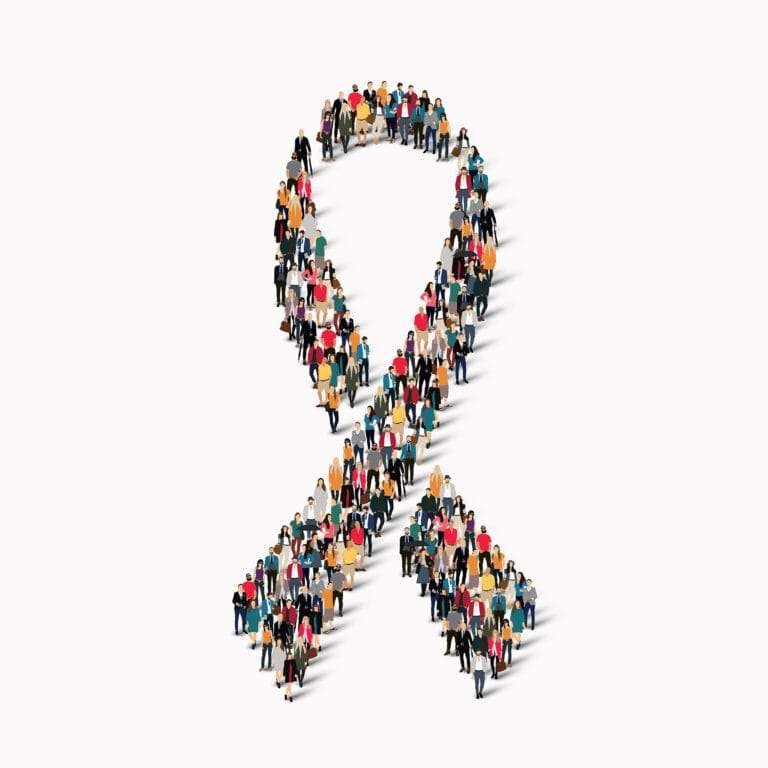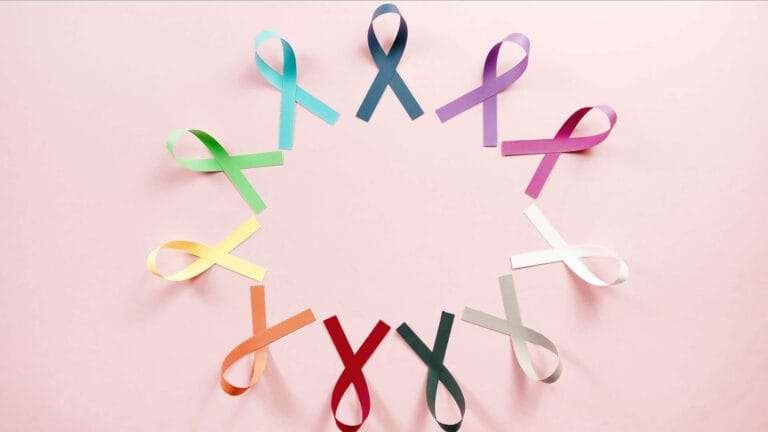Here are the factors for successful treatment for cancer recovery:
Type of Cancer and Stage: Tailored treatment plans based on the type and stage of cancer are crucial for successful treatment.
Personalized Treatment Plan: Customized treatment plans tailored to the types of cancers and the timing of treatments are essential.
Healthy Nutrition and Body Codition: Providing nutritious food and maintaining a healthy body condition can contribute to successful treatment and a healthy recovery.
Strength in Coping with Treatment Fatigue and Resilience: Coping with treatment fatigue and resilience is essential for successful treatment outcomes. This involves maintaining mental resilience and finding strength in coping mechanisms.
Support from Medical and Advisory Teams: Collaborative efforts among medical professionals, caregivers, and research institutions are essential to surpassing cancer recovery goals.
Emotional Well-being and Mental Health: Emotional well-being and mental health play a significant role in enhancing the efficacy of treatment.
Clear Communication and Consultation: Clear communication and consultations between patients and medical professionals are vital to ensure the success of treatment plans and address any concerns or adjustments needed during the recovery journey.
Can Cancer Be Cured?
Cancer cure depends on various factors including the type of cancer, its stage, and how it responds to treatment. Advanced age and co-existent comorbid illnesses like diabetes, heart/ kidney/ liver problems may limit treatment outcomes. While some cancers can be cured, some may be managed as a chronic condition. Treatment options include surgery, radiation, chemotherapy, targeted therapy, immunotherapy, and hormone therapy. Early detection and personalized treatment plans can improve outcomes.
Relevant FAQs
Does Chemotherapy have side effects?
Yes, chemotherapy can have several side effects, which can vary depending on the type and dosage of chemotherapy drugs, as well as individual factors such as overall health and tolerance to treatment. Some common side effects of chemotherapy include: Nausea and...
How to prevent cancer?
Preventing Cancer Avoid Tobacco and Limit Alcohol: Avoid smoking and the use of tobacco products. Limit alcohol consumption. Healthy Diet: Eat plenty of fruits, vegetables, and whole grains. Avoid high-fat and high-sugar foods. Regular Physical Activity: Engage in at...
What is Chemotherapy?
What is chemotherapy?Chemotherapy is a treatment that stops cancer cells from growing, dividing and making more cells. Chemotherapy often works throughout the body, helping to attack cancer cells that have spread throughout the body. Chemotherapy Procedures:...
What is Cancer?
What is cancer?Cancer is a condition in which cells in a particular part of the body grow, proliferate and destroy without control. Sometimes it can spread to other organs directly, through the blood or lymph.What causes cancer?Various factors that can cause cancer:...


